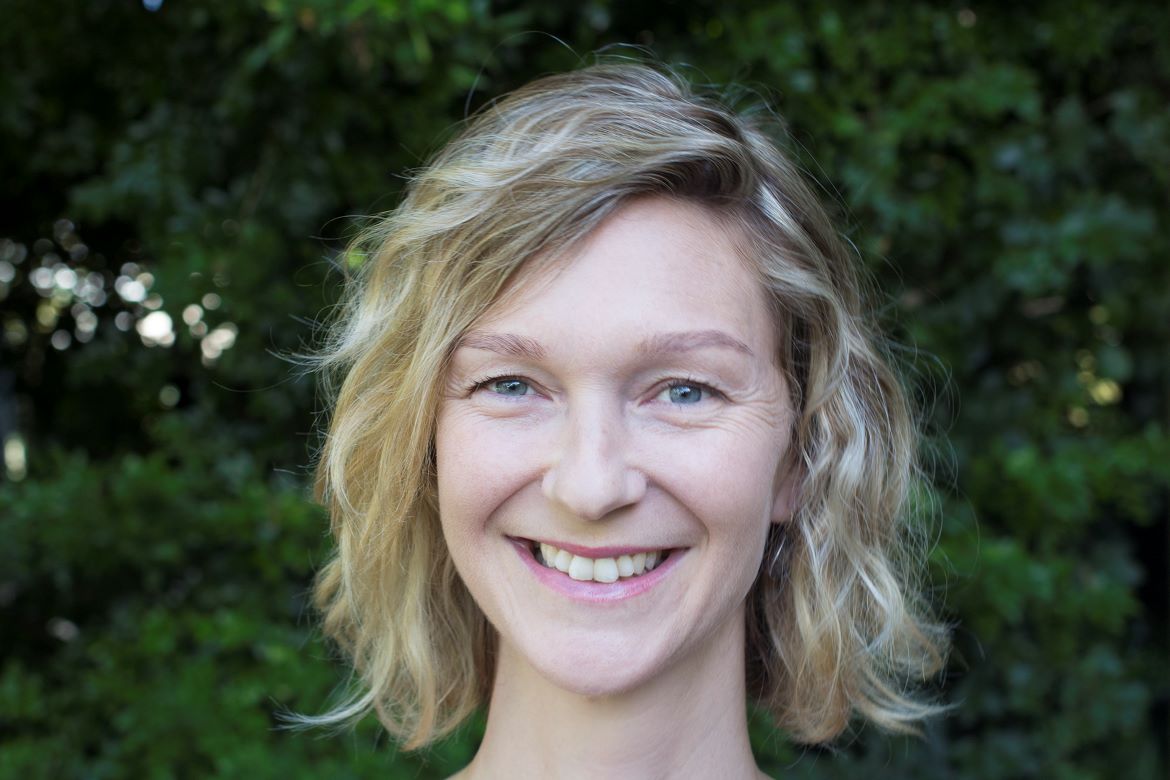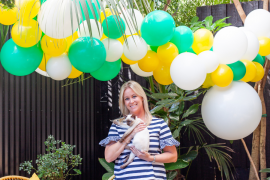As an integrative counsellor with a grounding in Carl Rogers’ person-centred therapy and other evidence-based approaches, Rebecca Rylands has been inspired by the recent work of Hoffman, Cooper and Powell and their “Circle of Security” (TM) Parenting (COSP) to create a parent specific online counselling service. With years of experience in New Zealand and Australia, Brisbane-based Rylands focuses much of her attention on supporting parents to look after their own wellbeing. “Parenting is complex and it can cause mixed feelings – from exhaustion to elation – and there is a common experience of emotional distress in the postnatal period. If parents can become aware of how parental mindset influences their actions, they can form a more positive view of their child, and of their own effectiveness.”
We spoke to Rebecca about her approach and how she got started.
The passion: What inspired you to set up your business?
Over the past decade, the majority of my work has been within educational settings which has led, quite organically, to an increase in my working with parents. Through these experiences, I have borne witness to the importance of parents having the opportunity to not only express themselves but also to process their feelings in healthy ways.
Parents need acknowledgment that whilst parenting can be the greatest of all jobs that one can undertake, it can also be the most difficult and challenging of tasks that life presents us with. If a parent engages in counselling, it can nurture and grow understanding, as they are provided with a safe space and encouraged to make meaning of their own past hurts. Research suggests that if parents are supported to understand their own emotions, they are better placed to build loving relationships and to promote secure attachment with their children.
Once we start to notice our feelings, we are more likely to make conscious decisions about what actions to take.

The launch: How did you start out in the beginning?
I first started working with children and families when I was a classroom teacher of music – studying teaching being a flow-on from completing an undergraduate Music degree a couple of years prior.
As my time in the role progressed, I realised that what I enjoyed the most about teaching and learning were the interpersonal aspects and the rewards of playing a positive role in an individual’s journey of growth. I made the official switch to qualified counselling in 2014 after completing a Masters in Counselling, wherein my research focused on social and emotional development within a group setting, using music as a therapeutic tool. After my counselling training, I myself became a parent, and with this life-altering experience I was gifted an increasingly empathetic ear to the concerns of parents, as I now too had a first-hand understanding of the day-to-day demands of a child upon my own life.
Observing the changes to daily life across Australia and New Zealand during the isolation of the COVID-19 pandemic, I recognised that online counselling and Telehealth consultations have become far more widely accepted as legitimate ways to access professional support. With the flexibility and cost-benefits that online options afford, they can help to alleviate and even overcome the geographical and financial barriers of our busy modern lives, as we rush between our individual responsibilities and attend to the ever-necessary admin of life.

The innovation: What was the biggest breakthrough for you with your business?
In setting up this service, I felt adults were already accustomed to using the online medium. Having the extra time at home during lockdown meant that many people began to actively seek out self-care to maintain their emotional wellbeing. There can be advantages from a parent’s point of view with online counselling, as it means not having to organise alternative care for their children, arranging transport, and all the other factors that come with attending a face-to-face appointment.
The postpartum period is a time of huge change, which can be accompanied with feelings of loss. This can come as an unexpected shock, when media sources paint a picture of parental/infant bliss. Thoughts about previous unplanned pregnancies, difficult births, grief or trauma from miscarriage or abortion can surface, all at the time when you are beginning your relationship with your precious bundle. Intimate partner relationship problems can arise with new additions to the family, changing roles, diverse family systems, loss of income and disrupted sleep. It takes a while for many parents to embrace and integrate their new roles, responsibilities and identities, and talking about it can assist in facilitating further growth and understanding.











